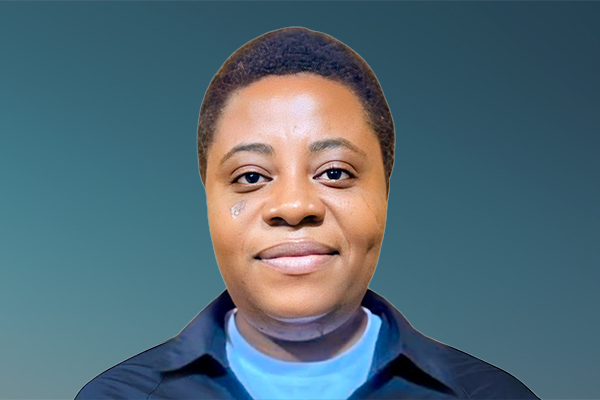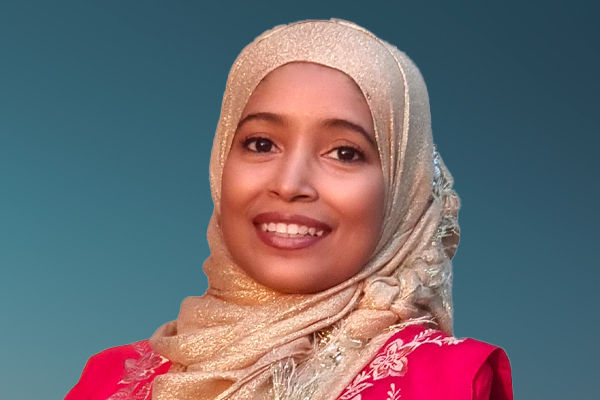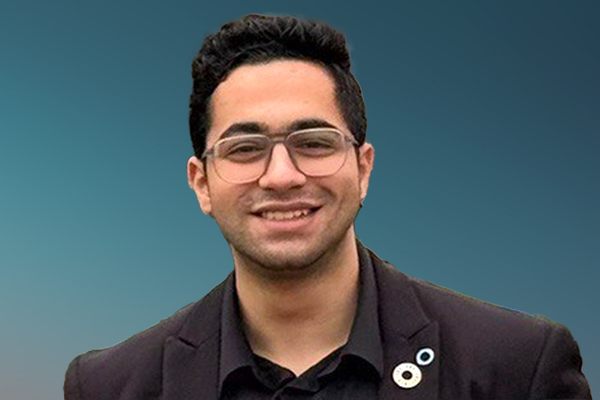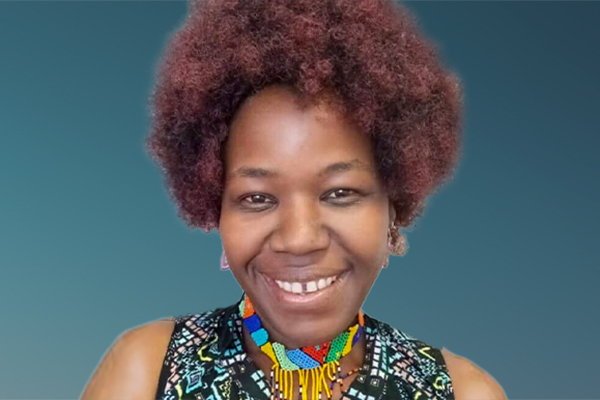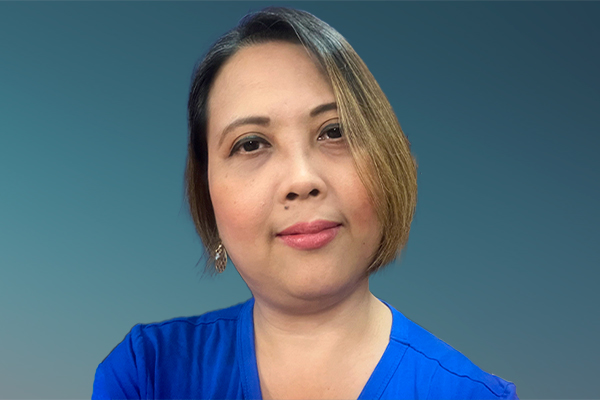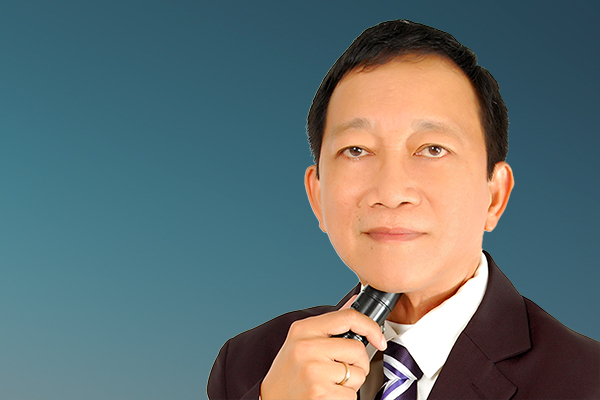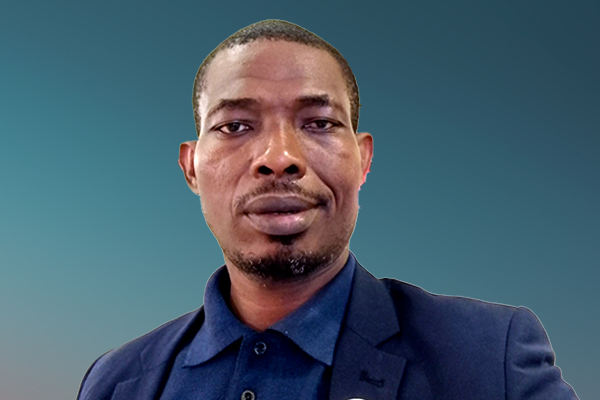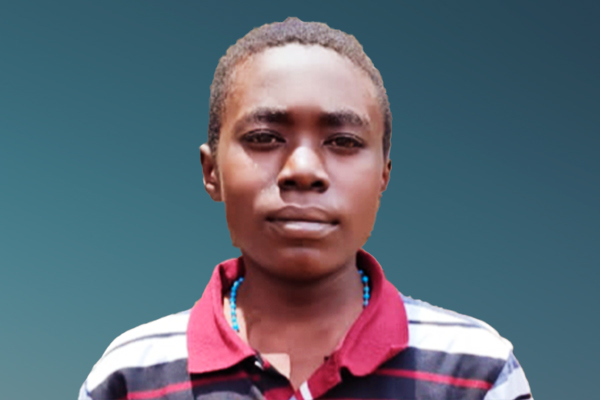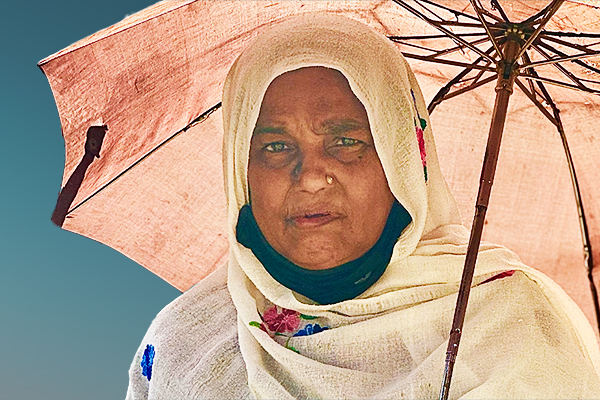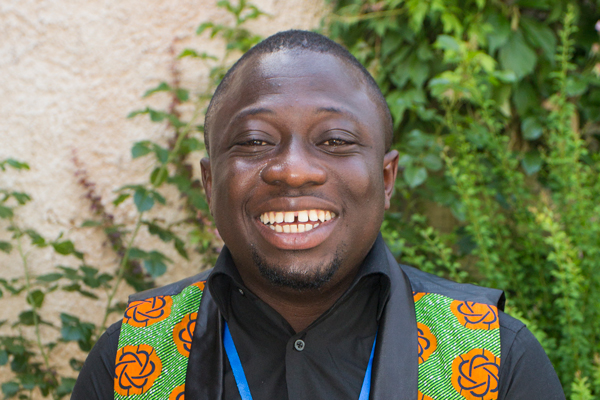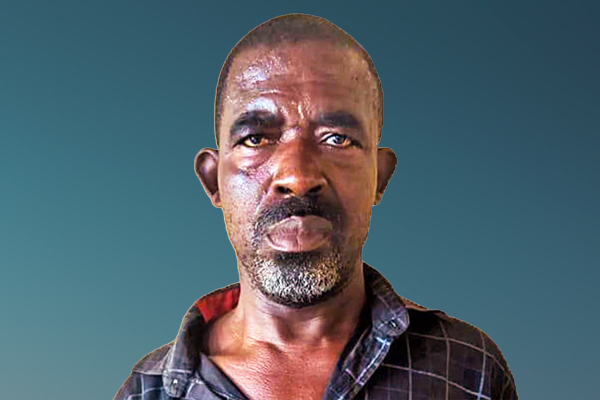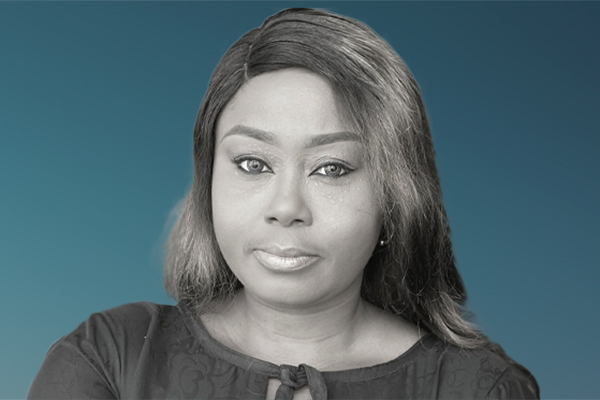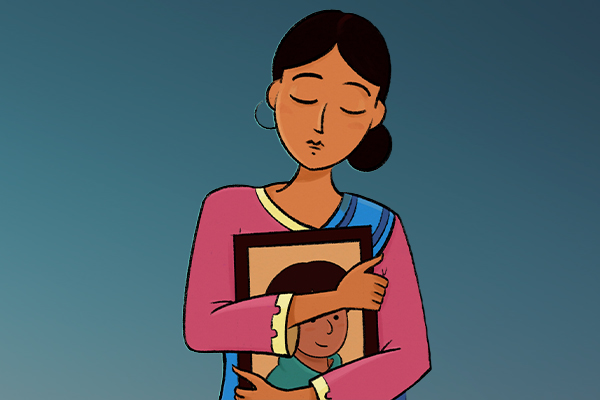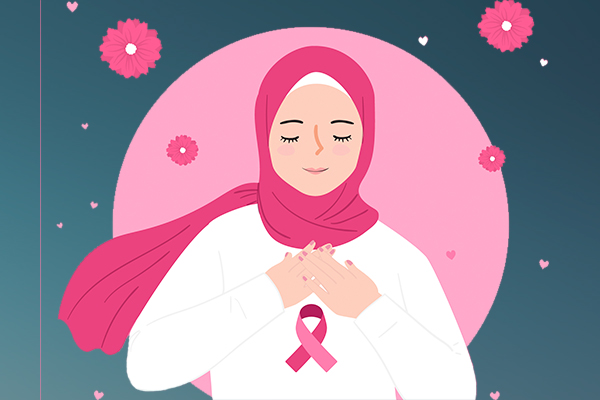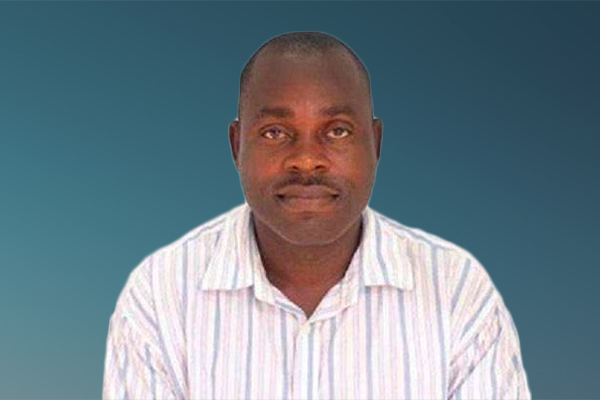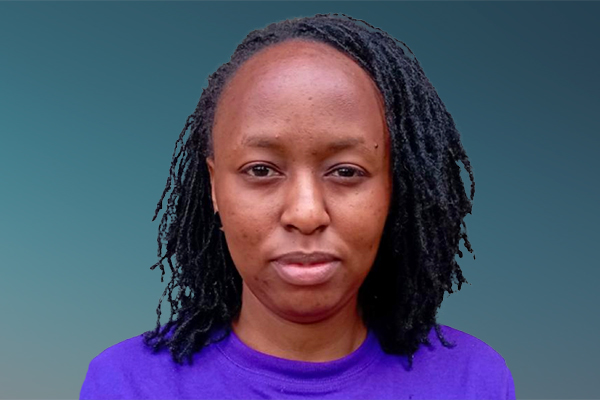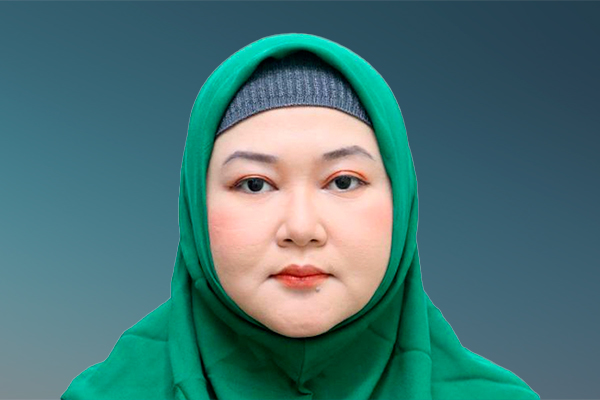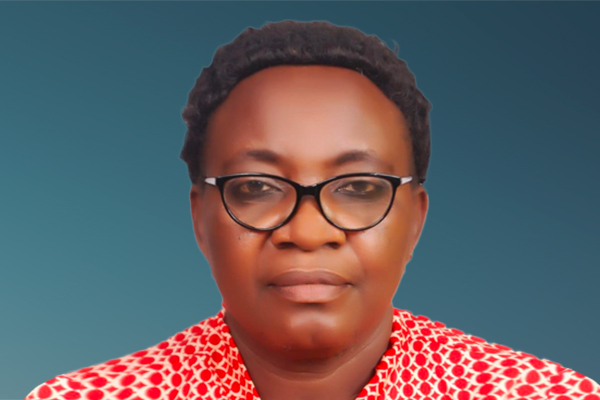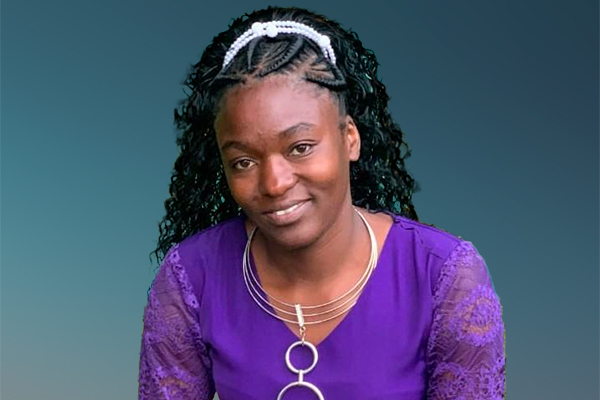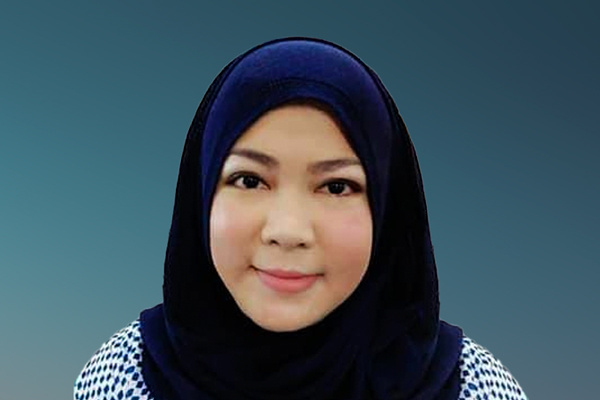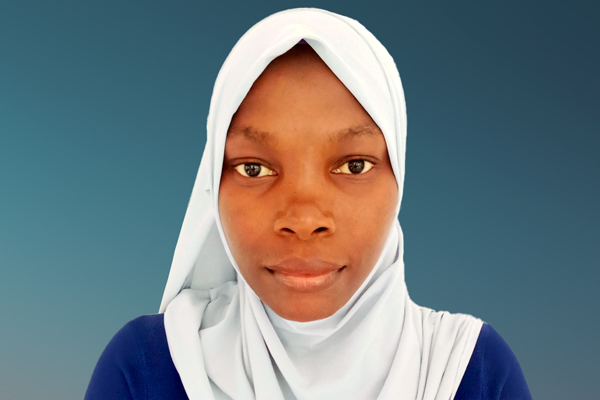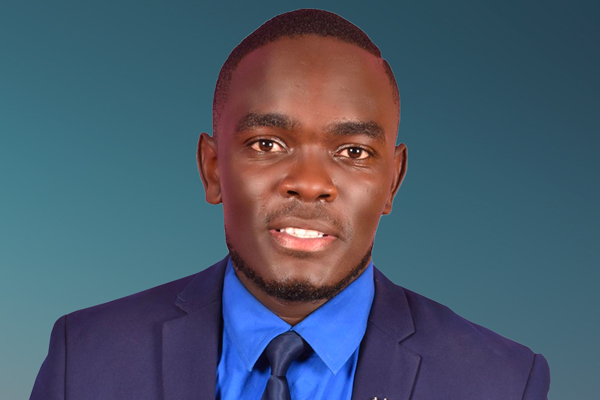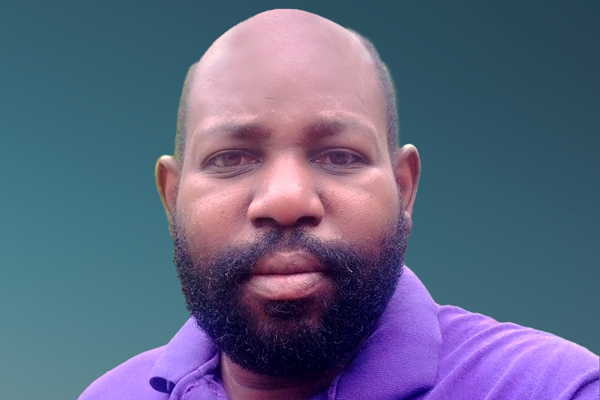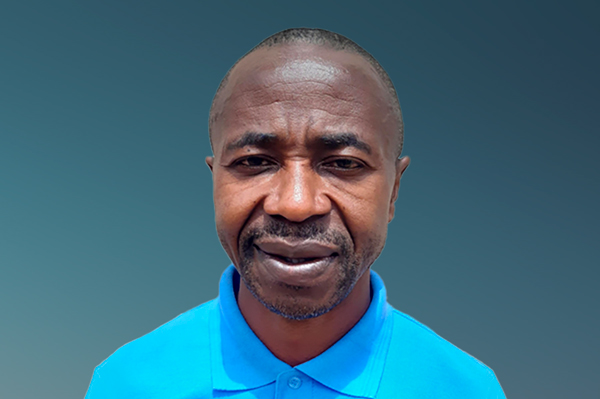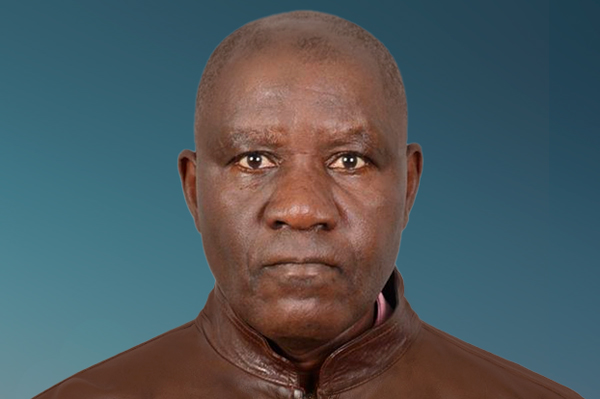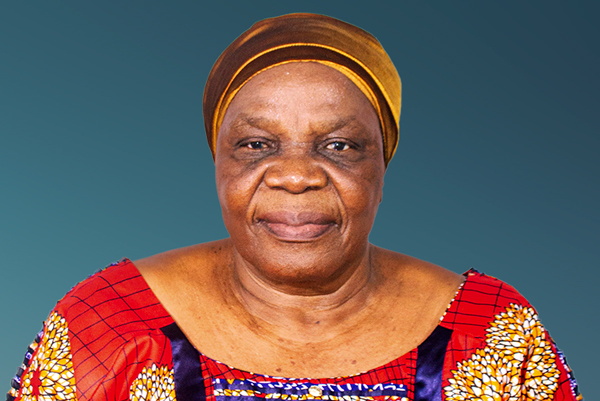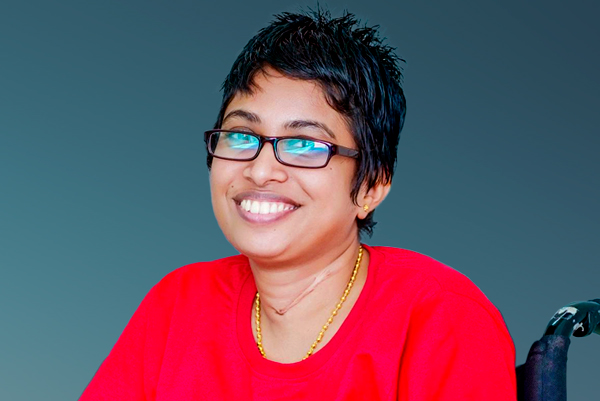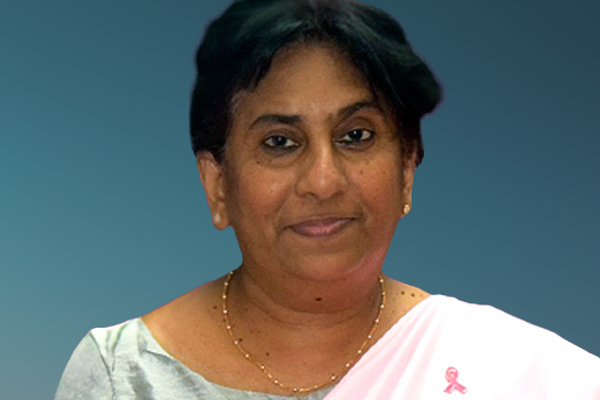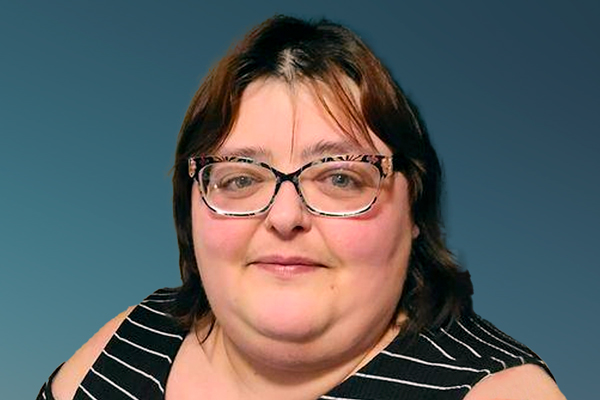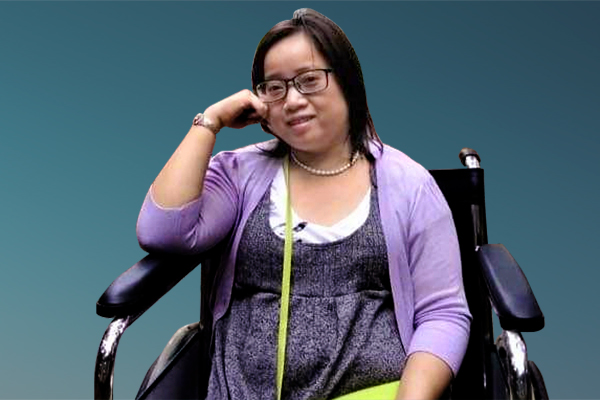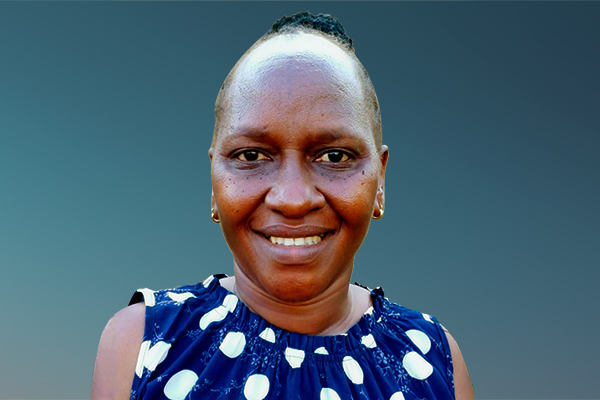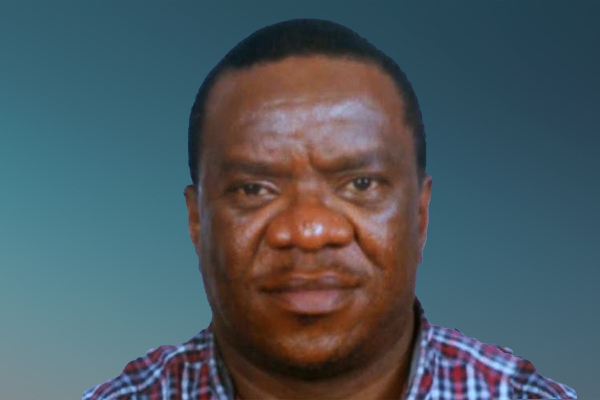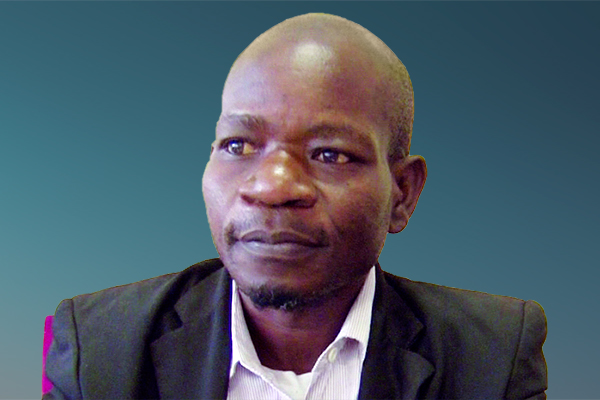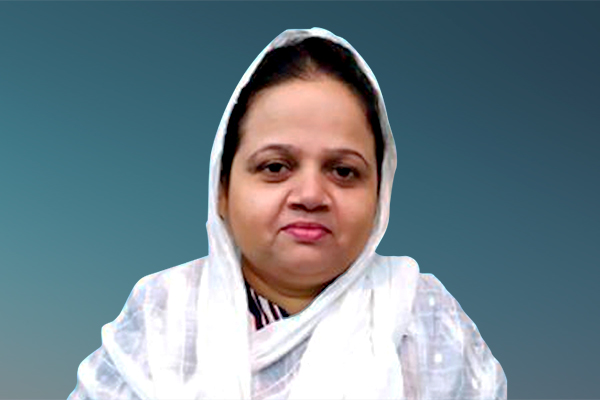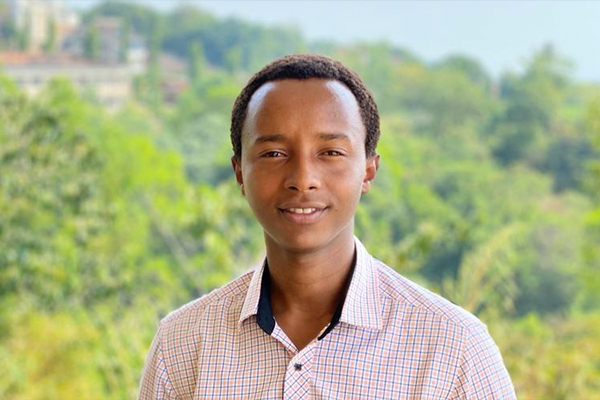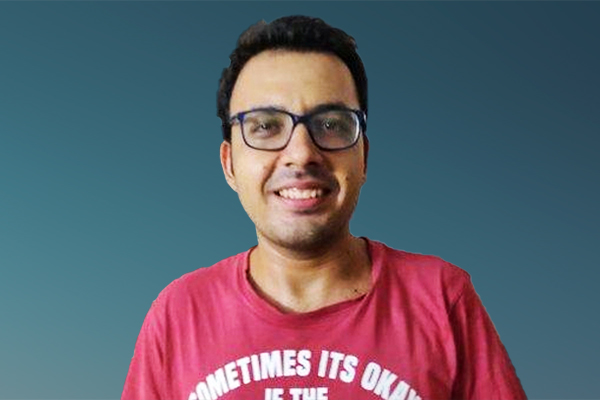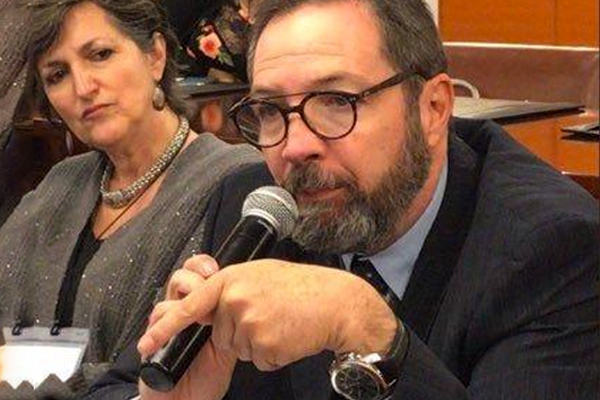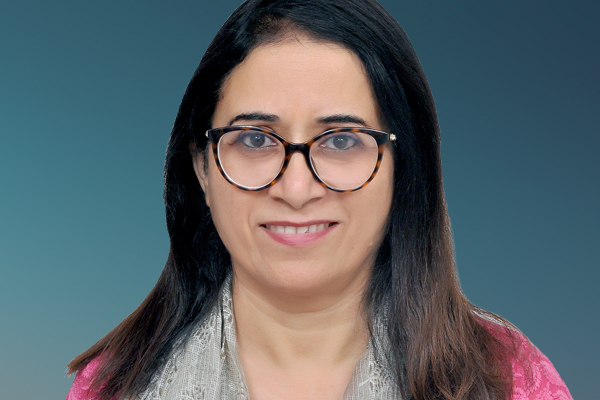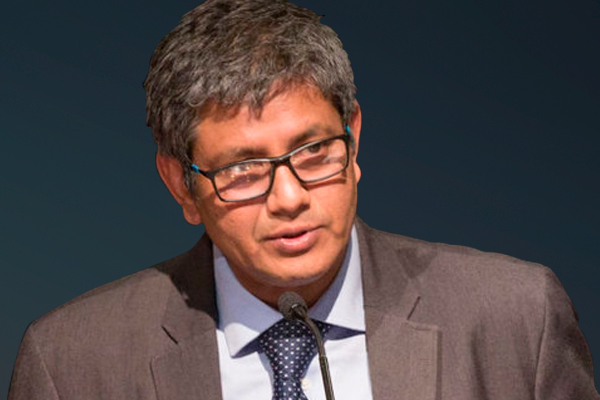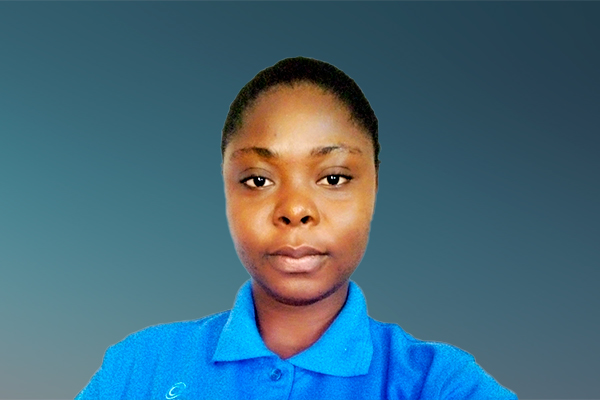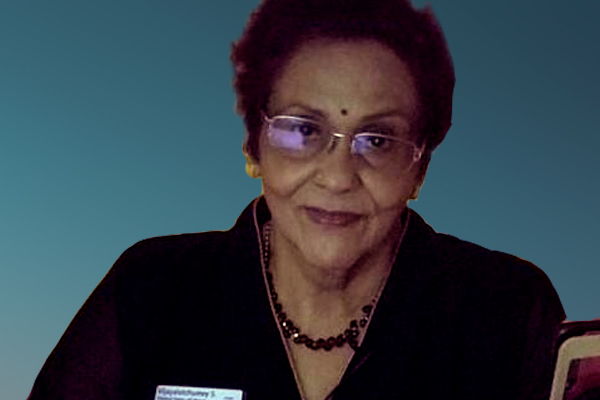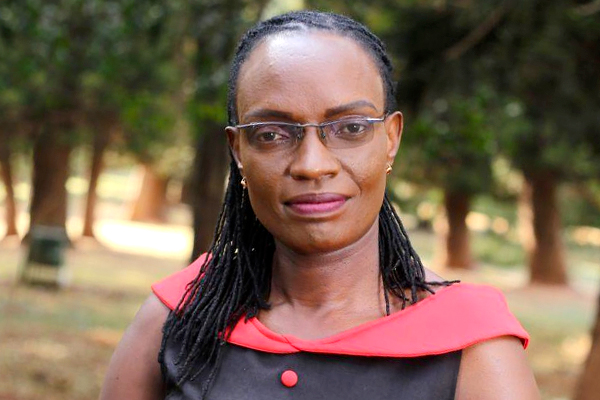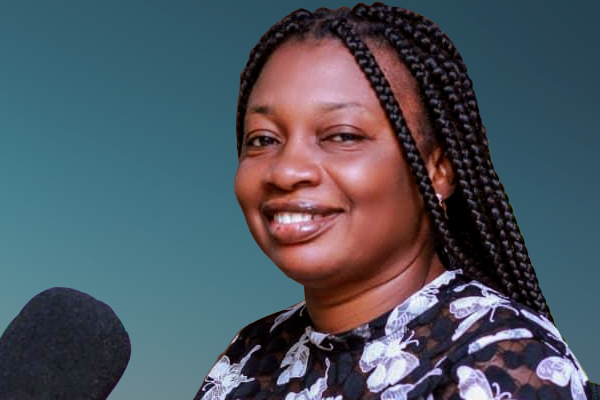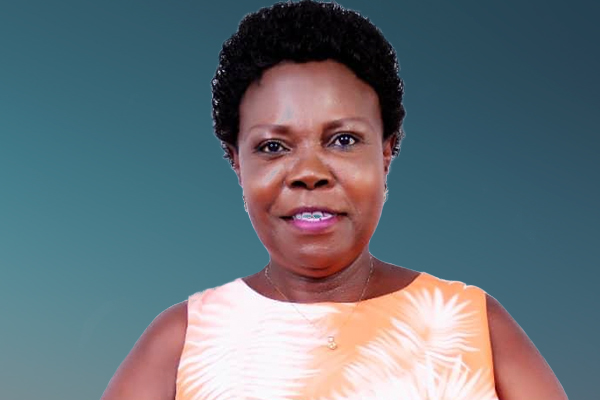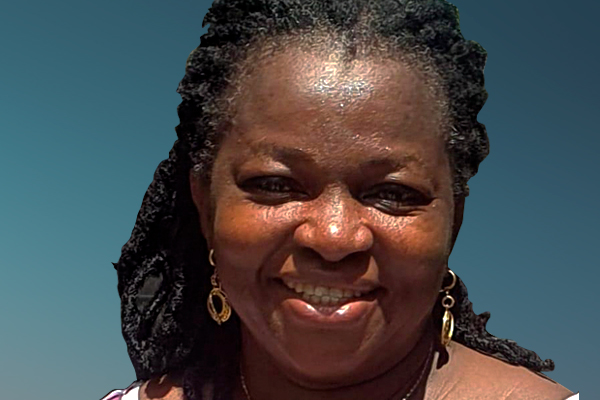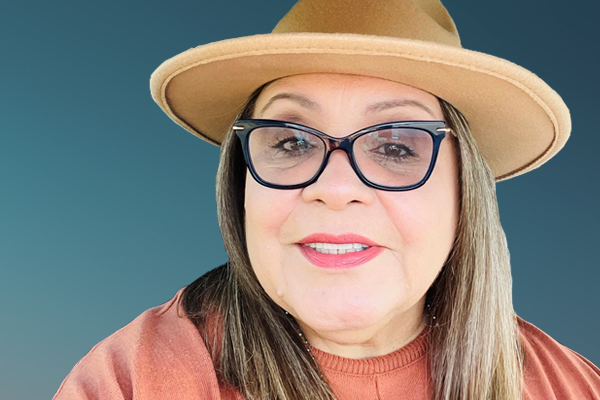Je m’appelle Joselyne Nekesa Simiyu. Je viens de l’ouest du Kenya et je suis l’aidante principale d’une personne vivant avec un cancer du col de l’utérus à un stade avancé.
Je suis une défenseuse des MNT et j’aimerais que mon carnet ait un impact sur l’accès à la prévention des MNT en favorisant la sensibilisation, le dépistage précoce et des environnements favorables à la santé dans mon pays.
19 janvier 2023
Sensibilisation aux MNT : Obstacles et enseignements
Fin 2021, ma cousine Elizabeth a reçu un diagnostic de cancer du col de l’utérus à un stade avancé. Cela a été un gros choc pour notre famille et nous avons mis du temps à l’accepter. Depuis son diagnostic, je suis sa principale aidante. Je m’occupe de ses rendez-vous à l’hôpital et des autorisations de l’assurance maladie pour qu’elle reçoive sa chimio, et j’utilise un langage simplifié pour l’informer de son état.
Je suis devenue l’aidante d’Elizabeth à cause d’un contexte familial marquée par l’absence de soutien, avec notamment un conjoint qui ne l’a jamais accompagnée à l’hôpital et qui ne s’est jamais vraiment inquiété de son état de santé. J’ai dû veiller à ce qu’elle ait accès aux informations nécessaires car elle avait très peu de connaissances sur le cancer du col de l’utérus. Comme je n’ai pas de formation médicale, j’ai consulté des amis professionnels de la santé, lu des articles en ligne et rejoint des groupes de lutte contre les MNT. Je l’ai également accompagnée à des rendez-vous médicaux et j’ai interrogé les médecins sur son pronostic, avant de lui transmettre ces informations en utilisant les termes les plus simples possibles.
Dans nos communautés, il y a peu de campagnes de sensibilisation sur les maladies chroniques, même si de nombreuses personnes suivent une scolarité. Elizabeth et d’autres ayant peu ou pas d’éducation formelle ont un accès limité à ces connaissances. Elle a eu des douleurs persistantes et des saignements vaginaux pendant longtemps avant de passer des examens. Elle était réticente à en parler avec quelqu’un, y compris au sein de sa famille, par peur des réactions. Au bout d’un certain temps, elle a abordé le sujet avec un membre de sa famille éloignée, mais s’est ensuite repliée sur elle-même lorsqu’elle a réalisé que cette personne l’avait raconté à sa fille.
À un moment donné, la douleur l’a obligée à se rendre dans un établissement local qui l’a renvoyée vers un établissement plus spécialisé pour des examens plus approfondis. Mais elle ne s’est pas présentée à son rendez-vous spécialiste à temps à cause de la stigmatisation sociale associée aux problèmes de santé reproductive, et parce qu’elle s’inquiétait de ce que les gens diraient de sa maladie « bizarre ». Il a fallu l’intervention d’un autre membre de la famille pour qu’elle se rende à l’hôpital spécialisé où elle a passé des tests qui ont établi un diagnostic de cancer du col de l’utérus, à un stade avancé. Son sort est celui de nombreuses personnes au Kenya.
Les communautés locales sont peu sensibilisées aux MNT et à la prévention. Si l’on y ajoute la stigmatisation sociale, cela nuit au dépistage précoce et à la prise en charge. Au cours de mon parcours en tant qu’aidante, j’ai dû faire face en permanence au défi d’acquérir, de simplifier et de transmettre des informations à Elizabeth concernant son état. Étant donné le stade avancé de sa maladie, je dois également l’aider à gérer ses attentes en matière de traitement et à accepter les soins palliatifs prescrits.
27 février 2023
Informations et accès limités : le sort des communautés locales
Les personnes vivant avec des MNT au Kenya sont confrontées à une myriade de défis en matière de prévention. Avec le soutien de NCDA-Kenya, j’ai mené un abondant plaidoyer au sein de ma communauté sur la prévention et la détection précoce. En tant qu’aidante, j’ai rejoint un groupe d’entraide qui vise à éduquer les communautés et à les mettre en contact avec les services de prévention, de détection et de prise en charge des MNT. Grâce à ce groupe, j’ai découvert les défis importants auxquels sont confrontées les personnes vivant avec des MNT au sein de ma communauté en matière de prévention et de détection précoce.
L’une de ces personnes est Nawate, un homme d’âge moyen qui a vécu avec une hypertension non diagnostiquée et non traitée pendant plus de cinq ans. Comme les membres de sa famille connaissaient peu cette affection, ils se sont tournés vers la guérison traditionnelle, qui n’avait entraîné aucune amélioration de son état de santé. Il a fini par subir un AVC auquel il a heureusement survécu, conséquence de son hypertension artérielle non traitée. C’est alors qu’ils m’ont contactée afin d’assurer la mise en relation avec un établissement de santé, pour lequel ils ont dû organiser une collecte de fonds afin de payer son traitement. Il souffre désormais d’hémiparésie et dépend d’un fauteuil roulant pour se déplacer.
Esther, une femme de 83 ans, est une autre personne qui a également développé une hémiparésie à la suite d’un accident vasculaire cérébral, causée par une hypertension artérielle non contrôlée. Les progrès pour améliorer la fonction des parties touchées ont été très lents. Avant cela, elle avait reçu des soins médicaux pour d’autres maladies, y compris une prothèse du genou après avoir vécu avec de l’arthrite pendant plus de dix ans. C’est à ce moment-là qu’elle a reçu son premier diagnostic d’hypertension. Malgré ces consultations cliniques, aucun prestataire ne lui avait franchement parlé de l’état de sa tension artérielle, ni des mécanismes formels pour la gérer. Elle dépend à présent d’autres membres de sa famille pour entrer et sortir de chez elle. En raison de son état, auquel il faut associer son grand âge, sa qualité de vie s’est considérablement détériorée.
Les personnes comme Elizabeth ne vont souvent se faire soigner que lorsque les symptômes empirent et deviennent insupportables. Cela doit changer, et les interventions de prévention des MNT devraient commencer par une bonne diffusion des connaissances, qui fait particulièrement défaut dans les communautés locales ici. Ensuite, les établissements locaux doivent être dotés des ressources et des professionnels de la santé nécessaires pour pouvoir offrir des services de prévention et de détection précoce accessibles et à un prix abordable, ce dont la population a grandement besoin.
27 février 2023
Réduire les écarts de prévention des MNT
Moi-même et de nombreuses personnes ayant une expérience directe des MNT au Kenya, dont les aidants, rencontrons des difficultés en matière de prévention des MNT. Comme je l’ai évoqué dans les histoires que j’ai racontées, les services de détection précoce sont limités, la stigmatisation et la discrimination sociétales prévalent, la désinformation et les idées fausses sur les MNT sont répandues, les obstacles financiers à l’accès aux services sont nombreux et les ressources et l’expertise médicales requises pour identifier et gérer les MNT sont insuffisantes.
J’appelle le ministère de la Santé du Kenya à mettre en place les mesures suivantes, nécessaires pour la prévention des MNT au niveau communautaire et plus généralement, pour faire face à la charge croissante des MNT au Kenya :
- Élaborer et mettre en œuvre une stratégie communautaire réactive pour la prévention et la détection précoce des MNT dans tout le pays, principalement par la formation d’agents de santé communautaires. Par l’intermédiaire des départements de stratégie communautaire des comtés, le gouvernement devrait organiser la formation des agents de santé communautaires sur la prévention et la détection précoce des MNT. Les agents de santé communautaires sont un élément clé d’une riposte solide de prévention et de détection précoce des MNT, car ils sont bien implantés dans les communautés locales et constituent le premier point d’accès aux soins. En outre, la plupart des communautés locales s’appuient sur les agents de santé communautaires pour dispenser des conseils médicaux et l’éducation à la santé. Il sera donc essentiel de les doter de ces connaissances cruciales spécifiques aux MNT pour accroître les connaissances de base à propos de ces maladies et la sensibilisation à l’importance de la prévention et de la détection dans les communautés.
- Veiller à ce que les centres de santé communautaires du Kenya disposent de l’expertise et de l’équipement nécessaires au dépistage et au diagnostic des MNT. Étant donné que les centres de santé communautaires sont le premier point d’accès aux soins, les doter des ressources nécessaires contribuera à réduire la fréquence des diagnostics tardifs de MNT, car les gens doivent souvent s’adresser à des niveaux de soins plus élevés pour recevoir un diagnostic précis.
- Mettre en œuvre des campagnes nationales d’information sur la prévention des MNT. Il s’agirait d’utiliser les infrastructures de santé communautaires existantes pour sensibiliser la population aux facteurs de risque des MNT et à l’importance de la prévention et de la détection précoce. Accompagner les agents de santé communautaires formés afin qu’ils fassent une sensibilisation ciblée de la population contribuera à accroître l’utilisation des services de prévention et de détection précoce des MNT par les populations locales. Pour que cette mesure soit couronnée de succès, il est essentiel que les deux interventions susmentionnées soient mises en œuvre, afin de veiller à ce que cette augmentation de la demande soit satisfaite par une offre accrue de services de prévention et de détection précoce de haute qualité et accessibles au niveau communautaire.
Carnets MNT
Nous ne pourrons sauver des vies demain que si nous parlons des MNT aujourd’hui.
Joselyne Simiyu, expérience vécue de cancer, Kenya
À PROPOS DES CARNETS MNT
Les Carnets MNT utilisent des approches multimédia riches et immersives pour partager un vécu afin de susciter le changement, en utilisant un format de discours public.

